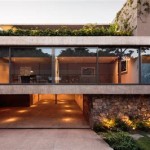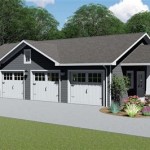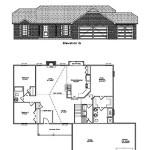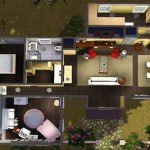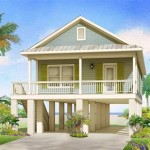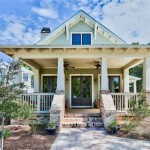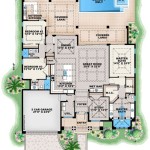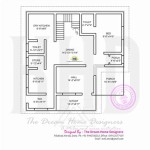Essential Aspects of Modern Prefabricated Homes Floor Plans
Modern prefabricated homes offer a unique blend of customization, efficiency, and sustainable design. Understanding the key aspects of their floor plans is crucial for creating functional and visually appealing living spaces.
Open and Fluid Layouts
Prefabricated homes often embrace open-plan living, where living, dining, and kitchen areas flow seamlessly into each other. This maximizes natural light penetration and creates a spacious and airy atmosphere. Large windows and sliding doors further enhance the feeling of openness and provide ample natural ventilation.
Modular Design
Modular design is an integral part of prefabricated construction. Floor plans are typically designed with pre-engineered modules that can be combined and stacked to create various configurations. This modularity allows for flexibility in design, enabling homeowners to tailor their floor plans to their specific needs.
High-Performance Windows and Doors
Modern prefabricated homes prioritize energy efficiency. High-performance windows and doors with double or triple glazing and advanced insulation materials effectively reduce heat loss and gain. This helps maintain a comfortable indoor temperature year-round while lowering energy consumption.
Smart Home Integration
Technology plays an increasingly important role in prefabricated homes. Floor plans often incorporate smart home systems that automate lighting, heating, and security features. This enhances convenience, security, and energy efficiency while creating a more connected living experience.
Sustainable Materials and Practices
Sustainability is a key consideration in modern prefabricated homes. Floor plans prioritize the use of environmentally friendly materials, such as recycled steel, sustainable wood, and low-VOC finishes. Green building practices, such as rainwater harvesting and solar energy utilization, are often integrated to reduce the environmental footprint.
Customizable Options
While prefabricated homes adhere to certain standardized designs, they offer considerable flexibility for customization. Homeowners can choose from various floor plan options and collaborate with architects to refine the design to meet their specific tastes and lifestyle requirements.
Indoor-Outdoor Connection
Modern prefabricated homes seamlessly blend indoor and outdoor living. Floor plans often feature expansive decks, patios, and courtyards that extend the living space outdoors. This enhances the connection with nature and creates a sense of spaciousness.
Conclusion
The floor plans of modern prefabricated homes offer a unique combination of efficiency, flexibility, and sustainable design. By incorporating open layouts, modular design, high-performance windows and doors, smart home integration, sustainable practices, customizable options, and indoor-outdoor connections, they create functional, energy-efficient, and aesthetically pleasing living spaces.

Ma Modular Modernizing The Home

Modular Home Plan Three Bedroom House Floor Prefab Plans Craftsman

Modular Design May 2024 L Shaped House Plans

13 Best Modern Modular Home Floor Plans And Layouts Homes Direct

Modern Prefabricated Homes Net Zero Ridgeline Deltec Solar House Plans Houses Prefab

Modular House Plans Modularhomeowners Com

Modern Green Prefab Housing With Method Homes At Home Kim Vallee

The H House 1 Story Modern Modular Trillium Architects

Modern Prefab Cabin The Passive Solar Dogtrot Mod House

1750 Sq Ft 3 Bed 2 Bath Z Plan Ma Modular Prefab Homes How To Modern

